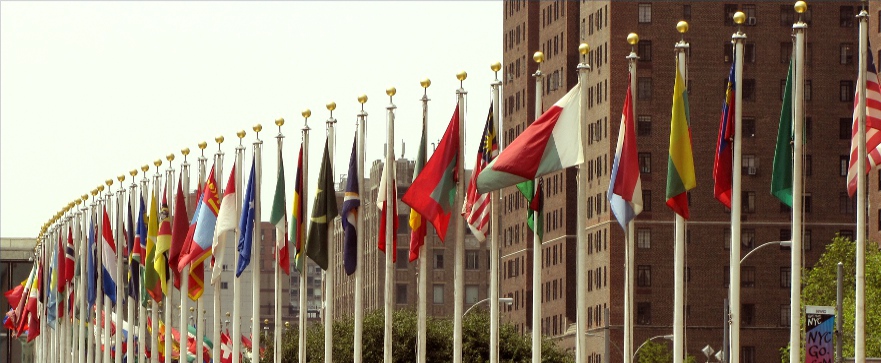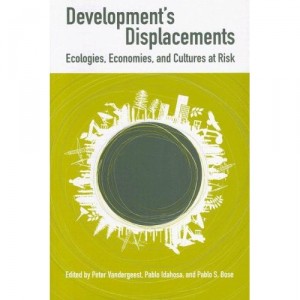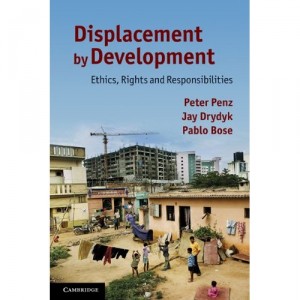The EDID project for which I served as Research Coordinator from 2002-2006 was a multi-site, multi-year research project involving three universities, four Canadian government agencies, and eight community and/or business partners. EDID consisted of two team projects headed by Professor Peter Penz, Director of the Centre for Refugee Studies at York University, and focused on the ethics of development-induced displacement (DID) across the globe. Over the course of close to ten years, the EDID project analyzed the processes and practices of displacement due to a variety of development-related factors in a range of different cases in South and Southeast Asia, Latin and Central America, as well as parts of Africa.
We have focused particularly on applying ethical analysis of the tension between the right to development, on the one hand, and the resulting harm to people and their human rights, on the other.One of our primary tasks has been to assess the ethical justifiability of DID and, more specifically, the conditions under which such development becomes justifiable.Based on a critical review of existing policy guidelines and frameworks relevant to DID, the project is currently in the process of putting forward a series of normative principles or guidelines that can assist in the evaluation of the justifiability of development projects that induce displacement effects.
Two major publications have come out of the EDID project as well as numerous articles and project reports.
The case studies are available in a collection edited by Peter Vandergeest, Pablo Idahosa and Pablo S. Bose entitled Development’s Displacements: Ecologies, Economies and Cultures at Risk (University of British Columbia Press, 2007)
The ethical and analysis are available in a co-authored book written by Peter Penz, Jay Drydyk and Pablo S. Bose entitled Displacement by Development: Ethics, Rights and Responsibilities (Cambridge University Press, 2011).


